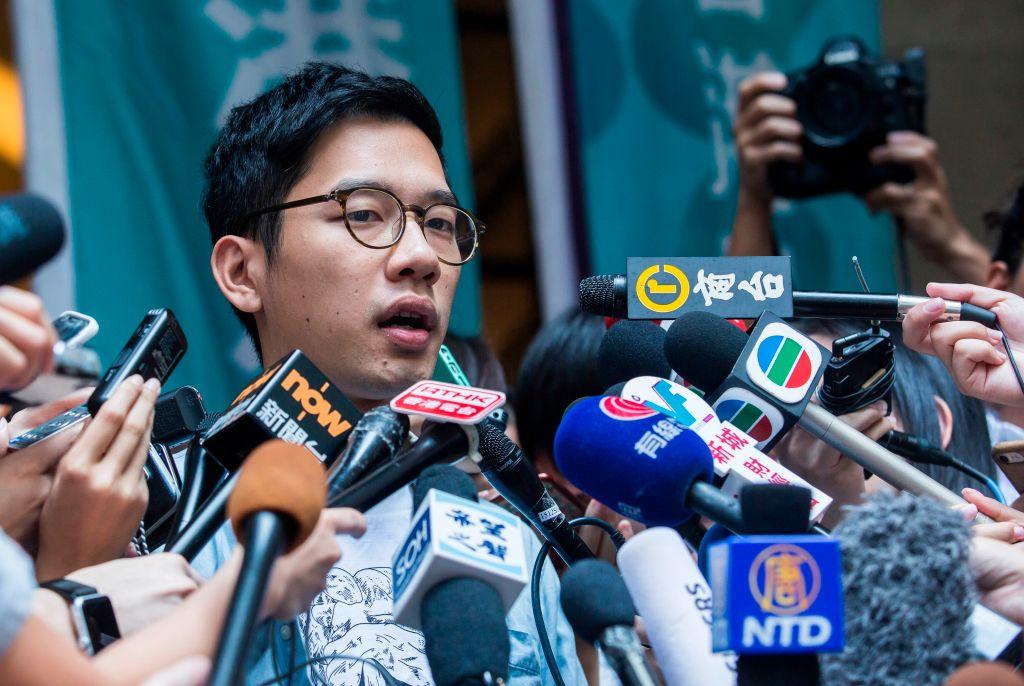Hong Kong activist Nathan Law met with U.S. Secretary of State Mike Pompeo on July 21 in London to discuss Beijing’s newly implemented national security law for the Chinese-ruled city.
Pompeo, who was in London for a two-day visit, also held talks with his British counterpart, Foreign Secretary Dominic Raab.





